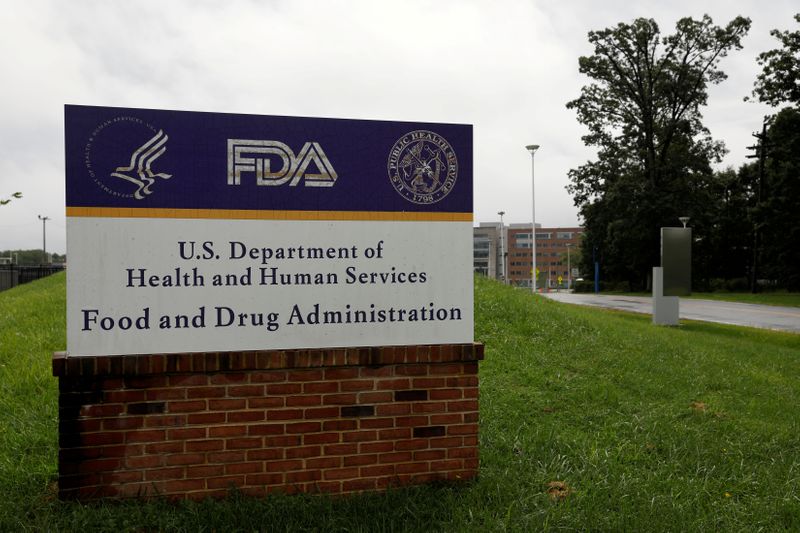(Reuters) – The U.S. Food and Drug Administration said on Monday that the idea of changing the authorized dosing or schedules of COVID-19 vaccines was premature and not supported by the available data.
The FDA said it had been following discussions and news reports about reducing the number of doses, extending the length of time between doses, cutting the dosage in half, or mixing and matching vaccines in order to immunize more people.
Although these were “reasonable” questions to consider, the U.S. regulator said, “at this time suggesting changes to the FDA-authorized dosing or schedules of these vaccines is premature and not rooted solidly in the available evidence.”
“Without appropriate data supporting such changes in vaccine administration, we run a significant risk of placing public health at risk,” the agency said in a statement.
Pfizer and partner BioNTech SE as well as Moderna Inc recently won U.S. emergency use authorization for their vaccine candidates.
The available data continues to support the use of two specified doses of each authorized vaccine at specified intervals, the FDA said.
“For the Pfizer-BioNTech COVID-19 vaccine, the interval is 21 days between the first and second dose. And for the Moderna COVID-19 vaccine, the interval is 28 days between the first and second dose,” the FDA said on Monday https://bit.ly/38g9IsC.
In a departure from other countries’ strategies, the British government said last week people could on rare occasions be given a mix-and-match of two COVID-19 shots, for example if the same vaccine dose was out of stock.
(Reporting by Kanishka Singh in Bengaluru; Editing by Sonya Hepinstall)






















